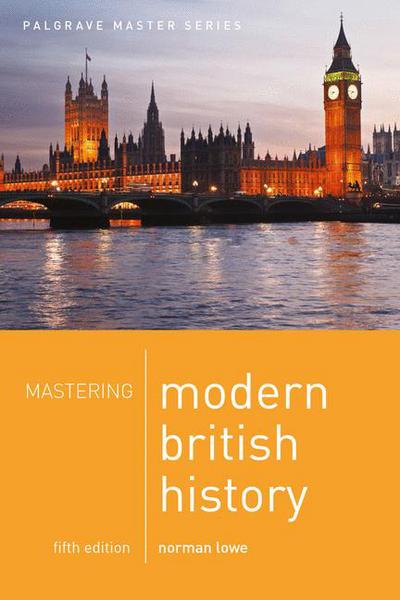


Are you sure you want to reset the form?
Your mail has been sent successfully
Are you sure you want to remove the alert?
Your session is about to expire! You will be signed out in
Do you wish to stay signed in?
The suffragettes
Study Sources A to D and then answer the questions that follow.
Source A:
| From Mrs Emmeline Pankhurst's book, My Own Story, (1914), describing the first major suffragette demonstration in London on 19 February 1906. Those women had followed me to the House of Commons. They had defied the police. They were awake at last. They were prepared to do something that women had never done before - fight for themselves. Women had always fought for men, and for their children. Now they were ready to fight for their own human rights. Our militant movement was established. |
Source B:
| From the speech of Mrs Emmeline Pankhurst when standing in the dock of the Magistrates’ Court, Bow Street, London in 1908. We have tried every way. We have presented larger petitions than were ever presented before for any other reform, we have succeeded in holding greater public meetings than men have ever had for any reform. We have faced hostile mobs at street corners, because we were told that we could not have that representation for our taxes which men have won unless we converted the whole country to our side. Because we have done this we have been misrepresented, we have been ridiculed, we have had contempt poured upon us... Well, sir, that is all I have to say to you. We are not here because we are law-breakers, we are here in our efforts to become law-makers! |
Source C:
| From Viscount Ullswater’s book, A Speaker's Commentaries (1925). Here he recalls suffragettes’ activities when he was Speaker of the House of Commons in 1913. The activities of the militant suffragettes had now [1913] reached the stage at which nothing was safe from their attacks. Churches were burnt, public buildings and private residences were destroyed, bombs were exploded, the police and individuals were assaulted, meetings broken up, and every imaginable device resorted to in order to inconvenience or annoy His Majesty's lieges.* When any offenders were caught and convicted they were sent to prison; but as they generally resorted to a hunger strike.... which would have resulted in death, they were released and immediately repeated their former offences. A Bill was introduced, called the Prisoners' Temporary Release Bill, soon nicknamed the ‘Cat and Mouse Bill’, the purport of which was to permit the release of offenders on licence, with the provision that in the event of a subsequent offence being committed the licence should be cancelled and the offenders re-arrested. The Bill passed without much difficulty, but proved valueless in preventing a continuance of the outrages. The feeling in the House, caused by the extravagant and lawless action of the militants, hardened the opposition to their demands. (*lieges = subjects) |
Source D:
| An opinion on the suffragettes expressed by the historian, R. C. K.Ensor in his book, England, 1870-1914, (1936). The vote was not sought for any practical object, but as a symbol of equality. They were obsessed by an inferiority complex. And similarly upon politics at large their militancy had more effect than their suffragism. The means mattered more than the end, and indeed conflicted with it. For while the vote presupposes the rule of free persuasion, the WSPU leaders proclaimed, by word and deed, that the way to get results was through violence. Such doctrines are always liable to become popular, when a politically inexperienced class or classes come into the public life of a nation. |
